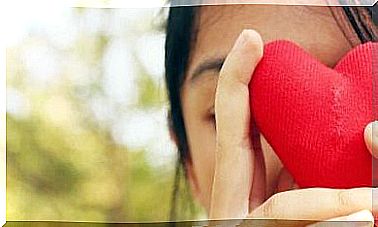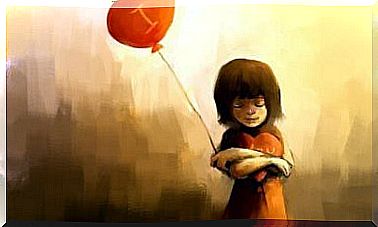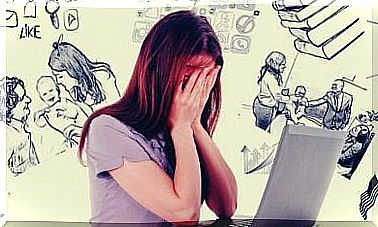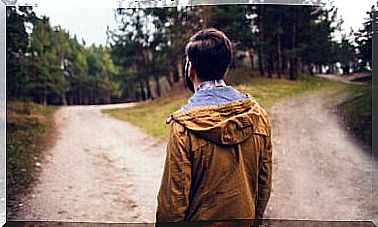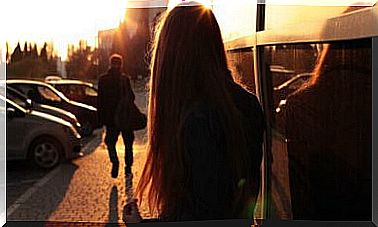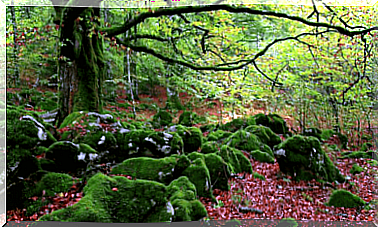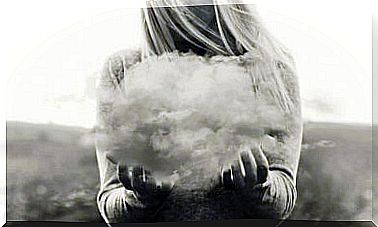Reading Does Not Mean Living, But It Is A Way To Feel Alive
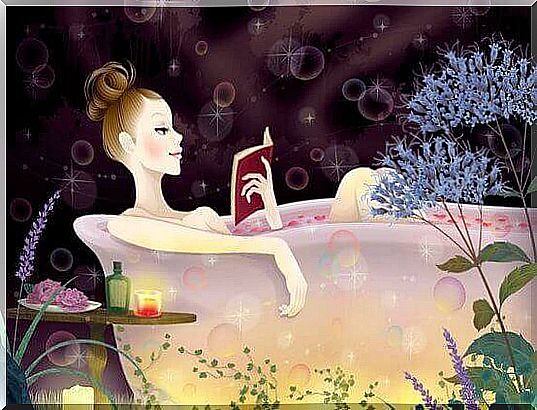
Reading does not mean living, but it is one of the best ways to feel alive, to immerse yourself in an ocean of letters where you can find refuge, be reborn and free yourself in one of the many islands of literary serenity.
What does reading mean to you? Some argue that you read to assume that you are not alone, others believe that reading helps make each day more intense and rewarding.
Immersing yourself in a book is an exercise that nourishes us, educates us and makes our minds more free, more vigorous.
Books are a universal good that should be transcendental to different worlds and cultures, going beyond the dimension of time. It is about humanity’s legacy, which should be handed down from fathers to children as a precious asset.
If you are artisans of intense reading nights, we are sure that you will identify yourself in the next reflections, and we invite you to implement them in your turn.
Readings from childhood
The first approach to the world of reading / writing occurs when adults open the first volumes for us, allowing us to immerse ourselves in those pages that sometimes we ourselves discover.
The first readings of childhood are imprints of emotions that are intertwined with unforgettable fantasies. They were locks to peek through for the first time to feel terror, adventure, love …
Often picking up our childhood books and leafing through those yellowed pages, we close our eyes, feeling the desire to relive all those new and intense sensations again. Those books that we still keep with our name stamped on the front page.
Ancient books are somehow photographs of the soul, like little universes containing many parts of us.
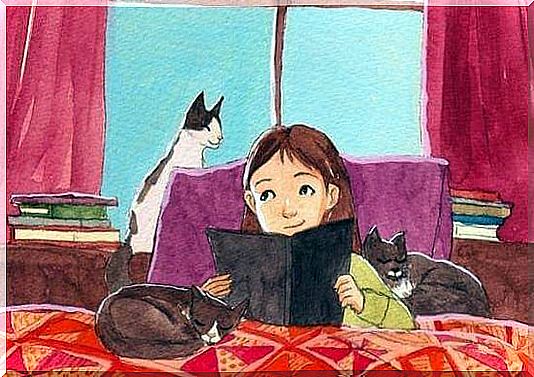
These are emotions contained in seas of letters that still move us and that lead us to wonder if today’s children approach reading with all the passion with which we did it. It seems evident that they live in a totally different world, where society has jumped on the back of technology rather than on the fragile pages of a book.
But now, leaving aside the differences, it is worth investing a real effort to make this rapprochement possible. How? Through these simple tricks:
- It is everyone’s job to start children reading right away.
- The best way to do this is to be an example to him. If books become part of the reality that surrounds them in an intimate and familiar way, it will also be so in their future.
- Don’t force them to read a certain type of book. We must approach reading with curiosity and freedom: let them choose them.
- Set times for reading. You can dedicate the evening hours to that moment of peace in which to go to bed accompanied by a book.
Books and the art of the senses
No matter how big the volume is, it really doesn’t represent a burden or a nuisance. Sometimes we put huge books in our bags, to devour them while we travel by bus or train: they are islands to take refuge.
Books are read, smelled, caressed and, for many, do not lend themselves. They are silent friends with whom to establish a unique and exceptional union. Friends of pleasure and adventure.
Books can be enjoyed in many ways. In fact, it is likely that you have already asked yourself this question:
Why do the oldest books have that peculiar smell that attracts and captures us so much?
– It is all due to an element hidden in the pages. The secret lies in the lignin (close cousin of vanillin). It is a polymer found in the plant kingdom, and which gives trees their rigidity.
– Books made in the ancient way contain this singular essence of vanilla which increases as the sheets age and turn yellow.
Nowadays this process has changed, and it is no longer so common to smell that intoxicating fragrance of antiquity. Even less when you think about the rise of electronic devices.
Read to be free, read to be happy
Reading is much more than a daily refuge, it is the dawn of new knowledge, it is the possibility of experiencing the stories of others, it is the passage through impossible worlds … it is like when we close a book and discover that we are no longer the same.
Reading expands us, allows us to return to reality when we want, aware that at the bottom of our being there is something that keeps us tied to the world of fantasy.
And even if we know, even if we understand that reading is not living because it is not real life, they, the books, continue to make our days more vivid.
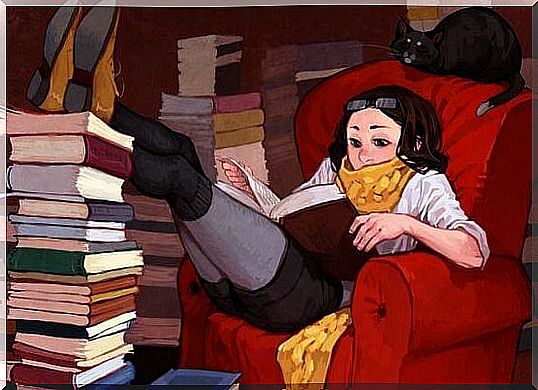
What will those who have never opened a book look like ? Let us quote Gandhi’s words:
If you don’t read, nothing happens, but if you do, a lot happens.
There is no doubt that life is a treasure chest of wisdom, but those who read at the time that breathes and those who search every day for the moment in which to open the locks of literature derives intense benefits:
– Although many think that those who read too much do so because they do not want to live reality, this is a wrong thought. Reading represents constant learning capable of forging more skilled people.
– A good book allows us to belittle many aspects of everyday life that cause stress and anxiety. Books instruct us, delight us, calm us and introduce us to new knowledge.
– Those used to reading often tend to become more demanding and to refine their critical sense. He boasts multiple and varied opinions, and has a firm vision of his own, having lived in countless worlds and having penetrated into countless minds.
Reading is not just a way to be freer. It is also a powerful weapon always at hand.
Image courtesy of: Зенина Ксения, Erin McGuire

